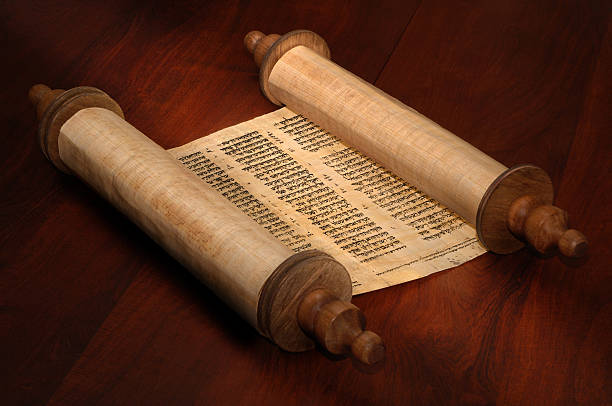Biblical Hebrew is a complex and fascinating language that contains many surprising and unique features. Here are 10 surprising facts about the grammar and vocabulary of Biblical Hebrew:
- Verbs come before nouns: In Biblical Hebrew, the verb usually comes before the noun in a sentence. This is the opposite of the word order in English.
- Gendered nouns: In Biblical Hebrew, nouns are often gendered, with masculine and feminine forms. This is not a feature of English or many other languages.
- No definite or indefinite articles: Unlike English and many other languages, Biblical Hebrew does not have definite or indefinite articles.
- 22 letters in the alphabet: The Hebrew alphabet used in Biblical Hebrew contains 22 letters, compared to the 26 letters in the English alphabet.
- Words written without vowels: In Biblical Hebrew, many words are written without vowels, making it more difficult to read and understand the text.
- Complex verb conjugation: The verb conjugation system in Biblical Hebrew is complex and can be challenging for learners to master.
- Hebrew is a Semitic language: Hebrew is a member of the Semitic language family, which includes Arabic, Aramaic, and Amharic, among others.
- Root words: Hebrew words are constructed from a three-letter root, with each letter representing a different aspect of meaning. This system is unique to Semitic languages.
- Parallelism: Much of the poetry in the Bible is structured around parallelism, in which two lines express related ideas in slightly different ways.
- Rich religious vocabulary: The vocabulary of Biblical Hebrew contains many words and concepts related to religion and spirituality that are not found in other languages.
Biblical Hebrew is a fascinating and unique language that contains many surprising features. From its complex verb conjugation system to its use of root words and parallelism in poetry, studying Biblical Hebrew is a rewarding and enlightening experience. Whether you are a scholar, a student, or simply a curious reader, exploring the grammar and vocabulary of Biblical Hebrew is a valuable and enriching pursuit.




